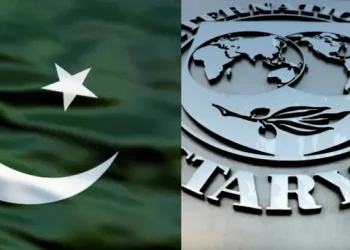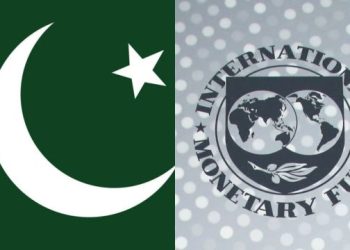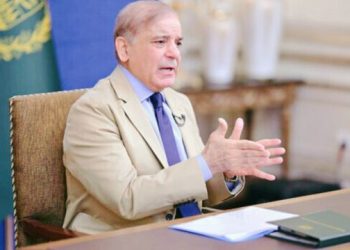ISLAMABAD: The International Monetary Fund (IMF) has approved the disbursement of the final tranche of a $1.1 billion loan to Pakistan, part of a larger $3 billion Stand-By Arrangement (SBA). This move comes as a significant relief for Pakistan, which is grappling with an economic crisis and the risk of defaulting on foreign debts.
The IMF’s Executive Board completed its second and final review of Pakistan’s economic reforms, allowing for an immediate release of funds that will bring total disbursements under the SBA to about $3 billion. Deputy Managing Director Antoinette Sayeh commended Pakistan’s efforts in restoring economic stability, noting the return of moderate growth, easing external pressures, and a decline in inflation.
The State Bank of Pakistan’s continued tight monetary policy is deemed appropriate to curb inflation. The IMF also emphasized the importance of a market-determined exchange rate and the rebuilding of foreign exchange reserves to support economic growth and financial stability.
In anticipation of the SBA’s expiration, Pakistan is seeking a new long-term Extended Fund Facility (EFF) and has formally requested a bailout package of $6 to $8 billion, with the possibility of additional climate financing. The exact size and timeframe of the next program will be determined after discussions in May 2024.
Prime Minister Shehbaz Sharif, in a meeting with IMF Managing Director Kristalina Georgieva, discussed the prospects of entering another IMF program. Finance Minister Muhammad Aurangzeb expressed hopes for a staff-level agreement on the new program by early July.
Pakistan’s economy, with a GDP of $350 billion, faces a severe balance of payments crisis, with upcoming debt and interest repayments amounting to nearly $24 billion. The Ministry of Finance projects a 2.6% economic growth and a decrease in average inflation to 24% for the fiscal year ending in June.
The IMF’s approval of the final loan tranche is part of a broader strategy to help Pakistan achieve macroeconomic stability and implement structural reforms. If successful, this would mark Pakistan’s 24th IMF bailout. The government’s reduction of subsidies and imposition of new taxes, while unpopular, are steps towards meeting the IMF’s bailout conditions and stabilizing the economy.














